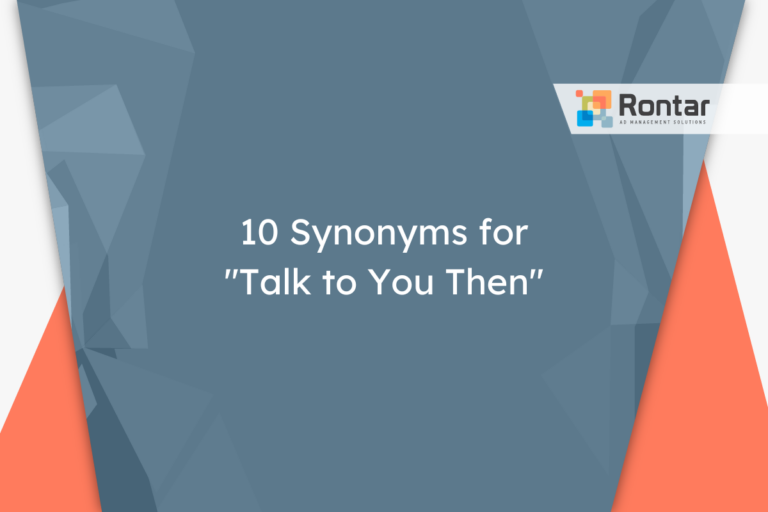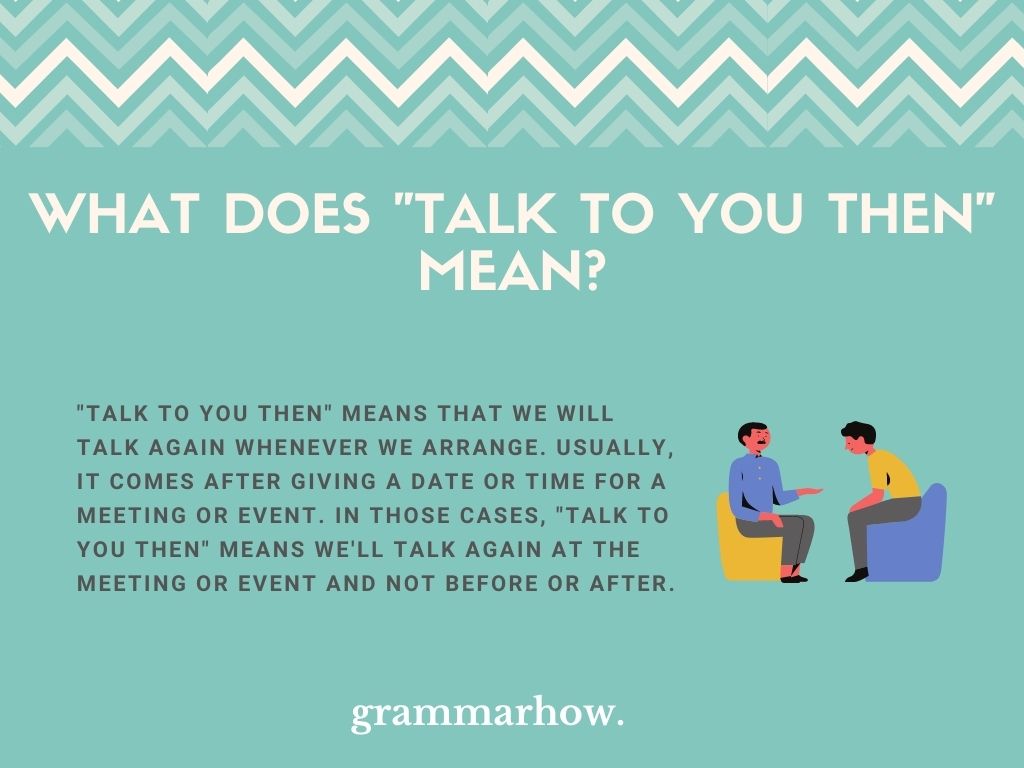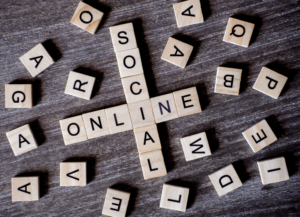It strengthens relationships and ensures clear understanding between individuals. In both personal and professional settings, clear communication helps avoid misunderstandings and fosters collaboration. Using concise language and active listening skills can improve how we interact with others. Prioritizing effective communication can lead to more successful outcomes and stronger connections.
By practicing these skills regularly, we can enhance our interactions and build more meaningful relationships. Effective communication is a key component of success and personal growth.

The Evolution Of Communication
Communication has changed a lot over the years. It started with letters and has now moved to instant texts. Understanding this evolution helps us appreciate how we connect today. This journey shows how technology has shaped our interactions.
From Letters To Texts
In the past, people wrote letters to communicate. These letters took days or even weeks to reach their destination. They were handwritten and very personal. With the invention of the telephone, communication became faster. People could now talk in real-time.
Then came the age of the internet. Emails replaced letters for many people. Emails were faster and could be sent to multiple people at once. Today, most people use instant messaging apps. These apps allow us to text anyone, anywhere, in seconds. Texting has become the new norm.
The Rise Of Social Media
Social media has changed how we communicate. Platforms like Facebook, Twitter, and Instagram allow us to share our lives with a broader audience. We can post updates, share photos, and comment on friends’ posts. This makes us feel more connected.
Social media also offers new ways to communicate. We can use video calls, voice messages, and live streaming. These features make our interactions more dynamic and engaging. Social media platforms often update with new features, keeping communication fresh and exciting.
| Communication Method | Speed | Personal Touch |
|---|---|---|
| Letters | Slow | High |
| Emails | Moderate | Moderate |
| Instant Texts | Fast | Low |
| Social Media | Instant | Varies |
To summarize, the evolution of communication has been rapid. From handwritten letters to instant texts and social media, each stage has improved how we connect. This evolution highlights the importance of staying updated with new communication tools.
Digital Communication Tools
Digital communication tools have changed how we connect. They make it easy to talk, share, and work together. People use these tools daily. Let’s explore some popular options.
Popular Messaging Apps
Messaging apps are a big part of our lives. They let us send texts and share media quickly. Here are some top messaging apps:
- WhatsApp: A very popular app with end-to-end encryption.
- Facebook Messenger: Connects with your Facebook friends easily.
- Telegram: Known for its security and speed.
- WeChat: Very popular in China, offering many features.
Video Conferencing Platforms
Video conferencing helps us see and talk to people far away. It is great for work, school, and personal chats. Here are some top video conferencing platforms:
- Zoom: Widely used for business meetings and online classes.
- Microsoft Teams: Integrates well with other Microsoft products.
- Google Meet: Easy to use with a Google account.
- Skype: One of the oldest and most trusted platforms.
| App/Platform | Main Feature |
|---|---|
| End-to-end encryption | |
| Facebook Messenger | Easy connection with Facebook friends |
| Telegram | Security and speed |
| Multiple features | |
| Zoom | Business meetings and online classes |
| Microsoft Teams | Integration with Microsoft products |
| Google Meet | Google account integration |
| Skype | Trusted and widely used |
Advantages Of Digital Communication
Digital communication has changed how we talk. It’s fast and easy. This blog talks about its many benefits. Let’s explore the best parts of digital communication.
Instant Connectivity
With digital tools, you connect in seconds. Friends and family are just a click away. No more waiting for letters. You can send and get messages instantly. This helps in emergencies. You get help quickly. Businesses also benefit. They can talk to clients in real-time. This improves customer service.
Global Reach
Digital communication breaks boundaries. You can talk to anyone, anywhere. This is great for learning about new cultures. It also helps businesses grow. They can reach customers worldwide. With social media, your voice is heard globally. You can share your ideas with the world.

Challenges In Digital Communication
Digital communication has revolutionized how we connect. Yet, it comes with unique challenges. Understanding these hurdles helps improve our interactions.
Misinterpretation Of Tone
Misinterpreting tone is a common challenge. Text-based messages lack vocal cues. This often leads to misunderstandings.
Consider these examples:
- Sarcasm can be hard to detect.
- Humor might not translate well.
- Emotions are easily misread.
Using emojis can help clarify intent. Still, they are not foolproof. Clear communication is key.
Privacy Concerns
Privacy concerns are another major issue. Digital platforms often collect user data. This raises serious concerns about security.
Consider these privacy risks:
- Data breaches expose personal information.
- Unauthorized access leads to identity theft.
- Tracking can compromise user anonymity.
To protect yourself, take these steps:
- Use strong passwords.
- Enable two-factor authentication.
- Regularly update software.
Being proactive about privacy safeguards your personal information.
Enhancing Digital Conversations
Digital conversations have become a part of our daily lives. From casual chats to business meetings, we rely on digital tools to communicate. To make these conversations engaging, we can use various techniques. Let’s explore some of these methods.
Effective Use Of Emojis
Emojis can make digital conversations lively and fun. They help convey emotions that words may not fully express. Here are a few tips on using emojis effectively:
- Match the emoji with the tone of your message.
- Avoid overuse; it can be distracting.
- Use emojis to clarify the intent behind your words.
For example, a simple smiley face can make a friendly message even warmer. Use a thumbs-up to show agreement or approval. Emojis are powerful tools when used correctly.
Video Call Etiquette
Video calls are now a common mode of communication. Following proper etiquette can make these calls more effective and enjoyable. Here are some key points to remember:
| Tip | Description |
|---|---|
| Mute when not speaking | This reduces background noise. |
| Dress appropriately | Appear professional, even from home. |
| Good lighting | Ensure your face is well-lit. |
| Test your equipment | Check your camera and microphone before the call. |
These tips help create a smooth and professional video call experience. Ensuring clear communication is essential. These small steps can make a big difference in your digital conversations.
Future Of Digital Communication
The future of digital communication is transforming rapidly. With new technologies, how we connect and interact is changing. Let’s explore the exciting advancements shaping our digital conversations.
Ai-powered Communication
AI is revolutionizing communication. It helps us respond faster and smarter. Chatbots answer questions instantly. They are available 24/7. AI can even predict what we want to say next.
Here are some benefits of AI-powered communication:
- Efficiency: Quick responses save time.
- Accuracy: AI reduces errors in messages.
- Personalization: Custom replies make conversations feel special.
Businesses use AI for customer service. This makes clients happy and satisfied. AI helps in translating languages too. This breaks down barriers and connects people globally.
Virtual Reality Meetings
Virtual Reality (VR) is changing how we hold meetings. VR makes it feel like everyone is in the same room. This is great for remote teams.
Key features of VR meetings:
- Immersive Experience: Feel present, not distant.
- Interactive Tools: Use virtual whiteboards and 3D models.
- Cost-Effective: Save on travel expenses.
VR meetings improve collaboration. They make discussions more engaging. With VR, team members can interact naturally. This leads to better ideas and solutions.
Here is a simple comparison table:
| Traditional Meetings | VR Meetings |
|---|---|
| Need physical presence | Virtual presence |
| Travel costs | No travel needed |
| Limited interaction | Interactive tools |
The future of digital communication looks bright. AI and VR are leading the way. They make our conversations smarter and more immersive.
Balancing Digital And Face-to-face Interaction
In today’s fast-paced world, balancing digital and face-to-face interaction is crucial. Both forms of communication offer unique benefits. Finding the right balance can enhance your personal and professional life. This section explores ways to maintain harmony between digital and in-person interactions.
Finding The Right Mix
Finding the right mix involves assessing your daily routine. Consider how much time you spend on digital devices versus face-to-face interaction. Strive to allocate specific times for each.
- Schedule digital meetings for mornings.
- Reserve afternoons for in-person discussions.
- Set aside weekends for family time.
A balanced approach can improve mental health. It reduces screen fatigue and enhances personal connections. Try to use each form of communication where it fits best.
| Activity | Preferred Interaction Type |
|---|---|
| Work Meetings | Digital |
| Team Buildin | Face-to-Face |
| Family Time | Face-to-Face |
| Client Calls | Digital |
Maintaining Personal Connections
Maintaining personal connections is vital for emotional well-being. Face-to-face interaction fosters deeper relationships. It allows for better understanding and empathy.
- Plan regular meet-ups with friends.
- Organize family dinners without phones.
- Join community groups or clubs.
Digital tools can supplement but not replace personal connections. Use video calls to stay in touch with distant friends. But try to meet in person when possible. This helps keep relationships strong and meaningful.
Tips For Better Digital Communication
Effective digital communication is essential in today’s world. It helps you connect better with others. These tips will help you improve your digital communication skills.
Crafting Clear Messages
Writing clear messages is key to good digital communication. Here are some tips:
- Be concise: Use short sentences. Avoid unnecessary words.
- Use simple language: Write in a way that is easy to understand.
- Check for clarity: Read your message before sending. Make sure it makes sense.
- Use bullet points: They help break down information. This makes it easier to read.
Active Listening Online
Active listening is important online too. Here are some ways to practice it:
- Pay attention: Focus on the person speaking. Avoid distractions.
- Show you are listening: Use nods and smiles. This shows you are engaged.
- Give feedback: Respond to the speaker. This shows you understand.
- Ask questions: This shows interest. It also helps clarify information.
Frequently Asked Questions
What Does “talk To You Then” Mean?
“Talk to You Then” is a common phrase used to schedule a future conversation. It implies agreement on a specific time to communicate.
When Should I Use “talk To You Then”?
Use “Talk to You Then” when ending a conversation and planning to talk again later. It sets a clear expectation.
Is “talk To You Then” Professional?
Yes, “Talk to You Then” is professional and appropriate for both personal and business contexts. It shows consideration and planning.
Can “talk To You Then” Be Used In Emails?
Absolutely, “Talk to You Then” is suitable for emails, texts, and calls. It helps in scheduling follow-ups.
Conclusion
Communication has evolved significantly. Embracing new methods can enhance our connections. Keep exploring and adapting to stay ahead. Engaging in meaningful conversations will always be vital. Stay tuned for more insights and tips on effective communication. Talk to you then!




